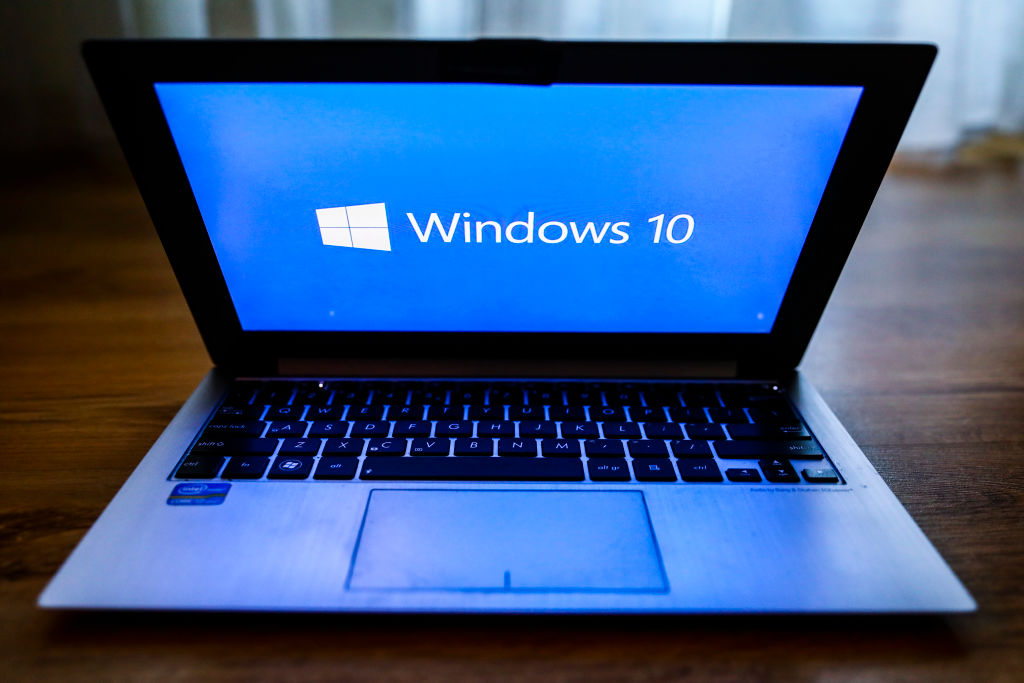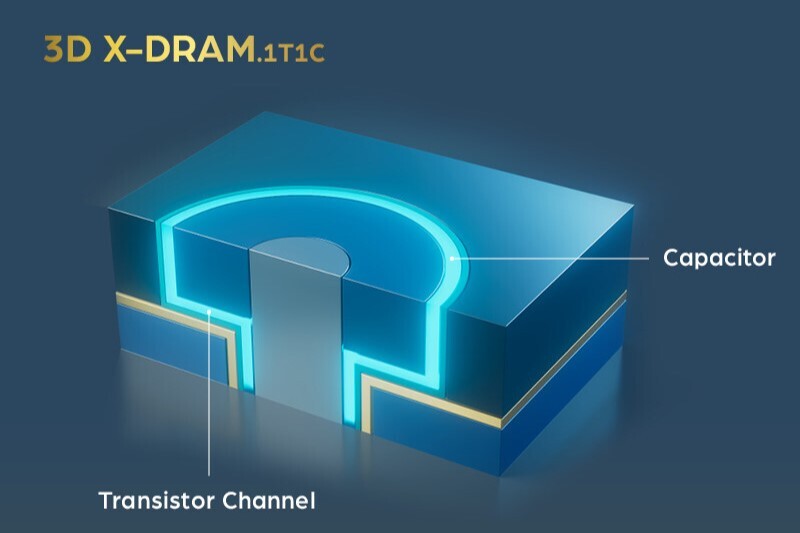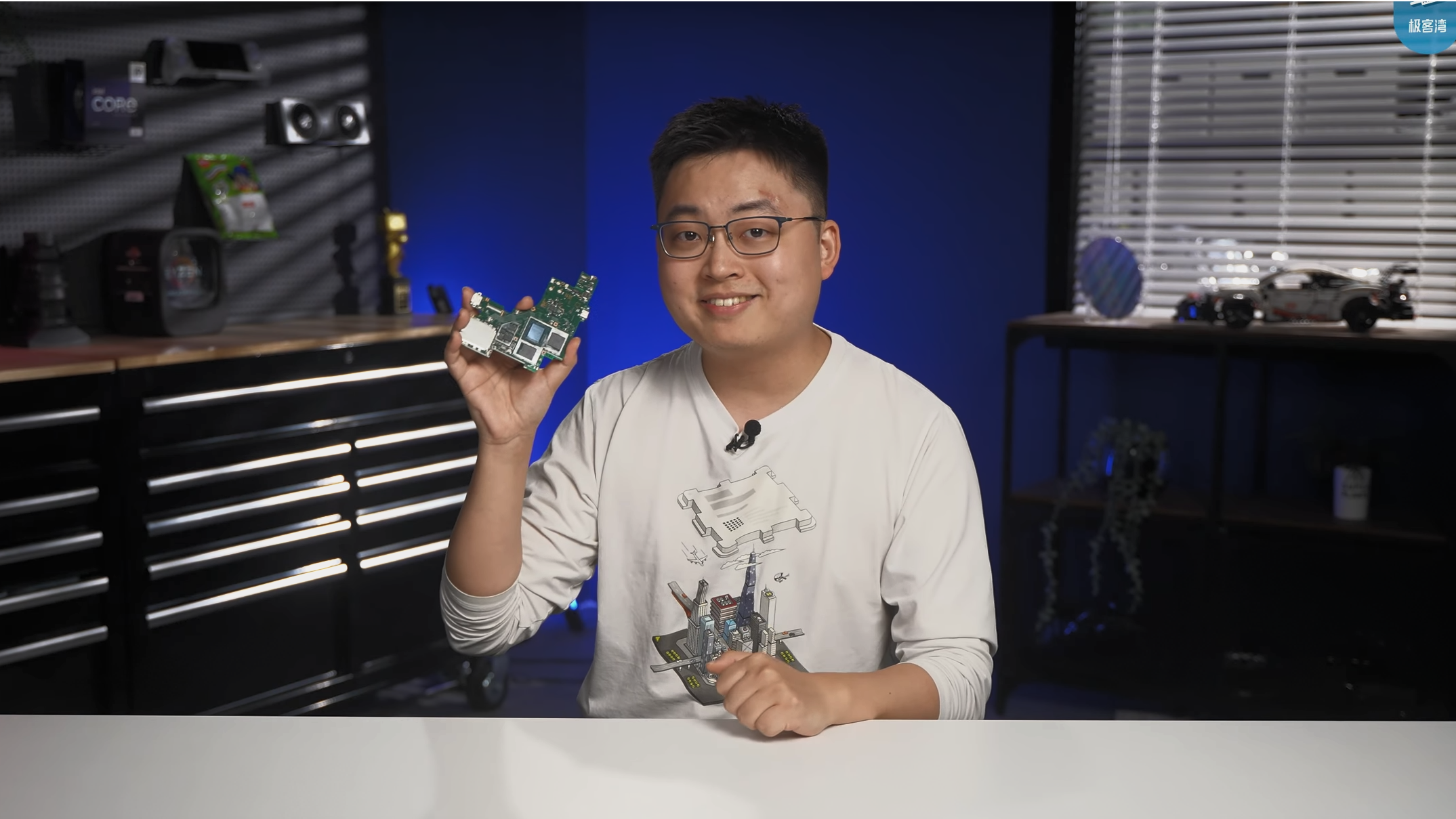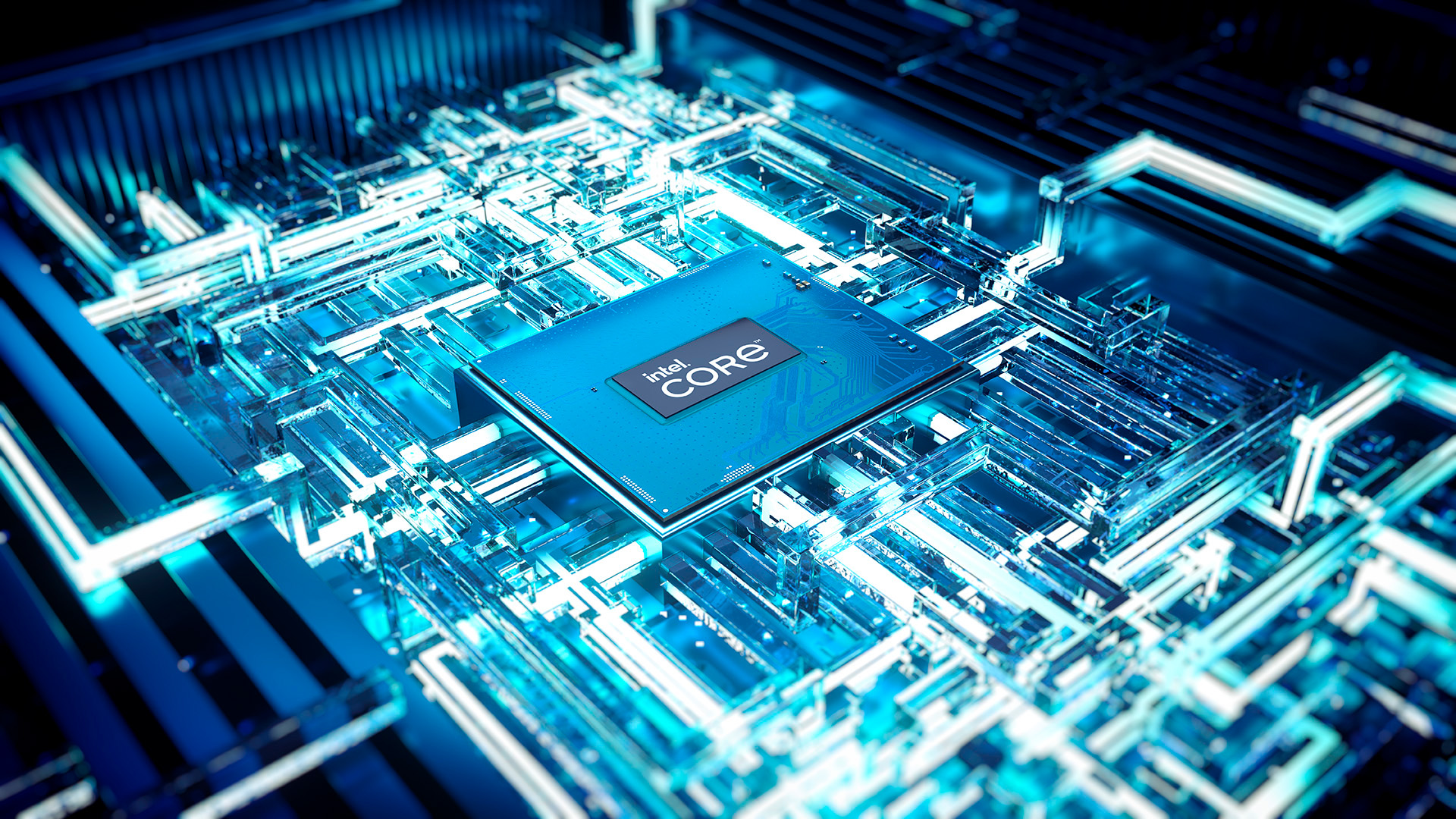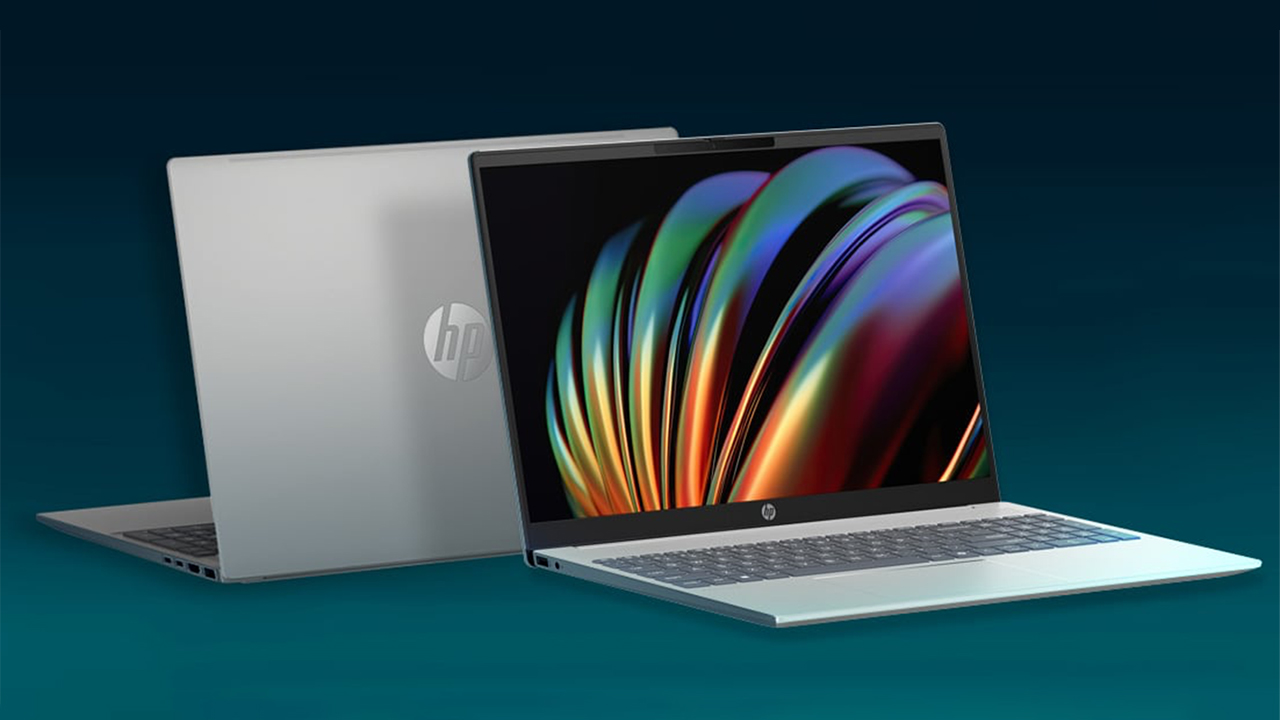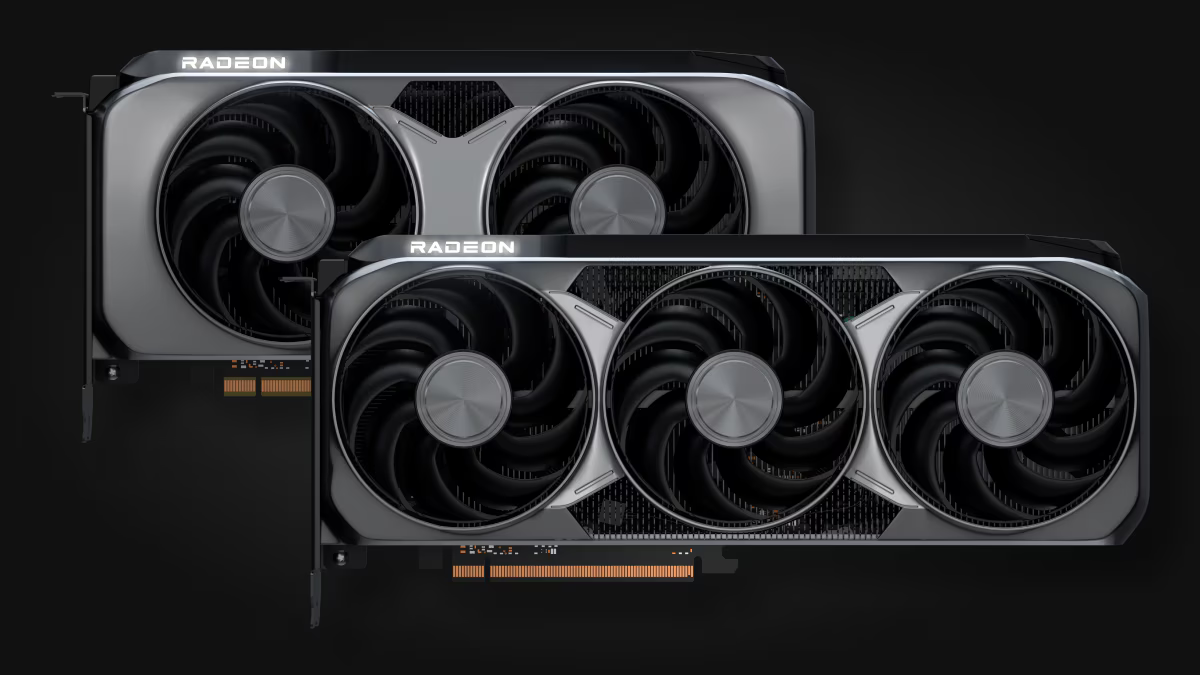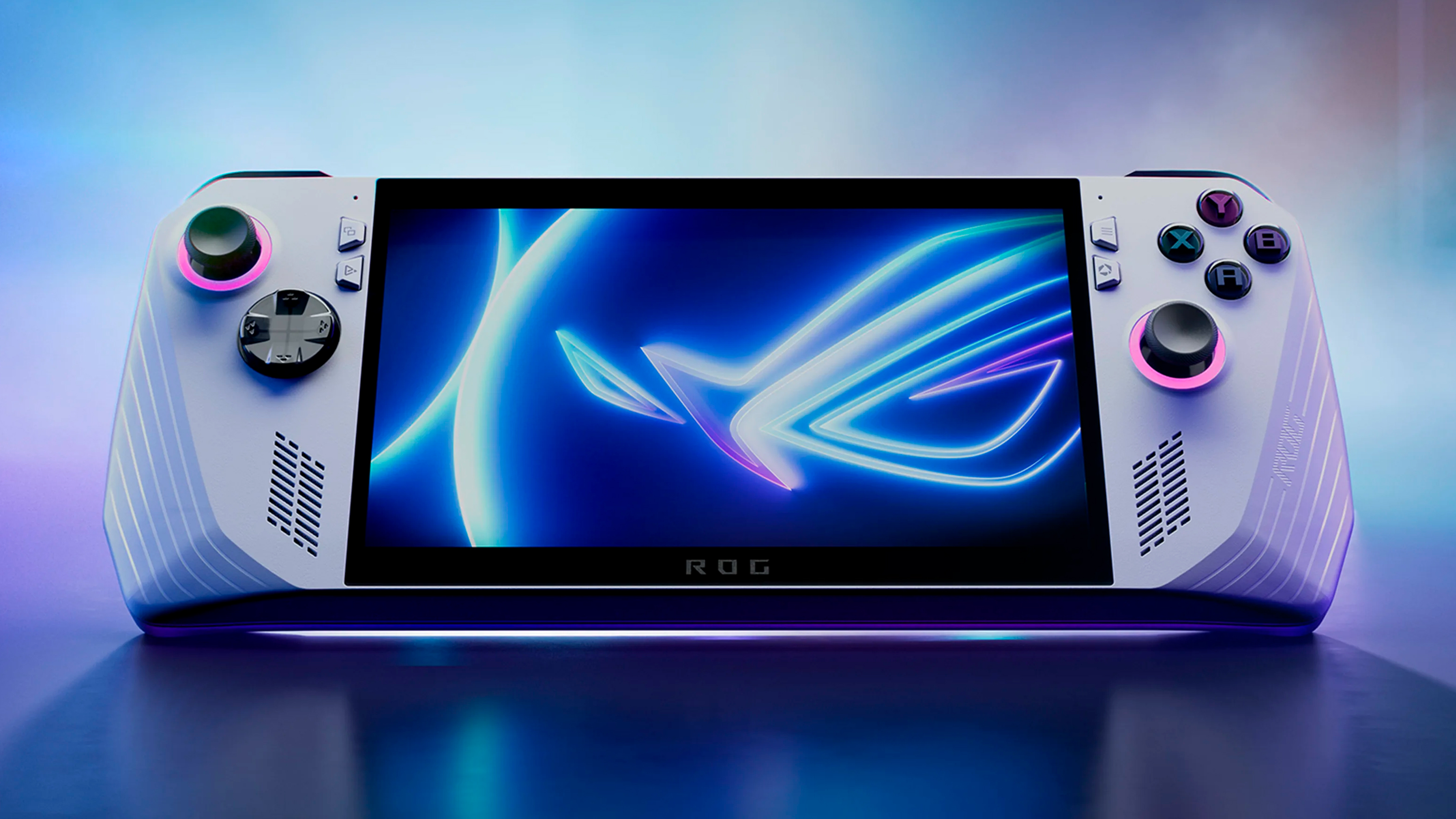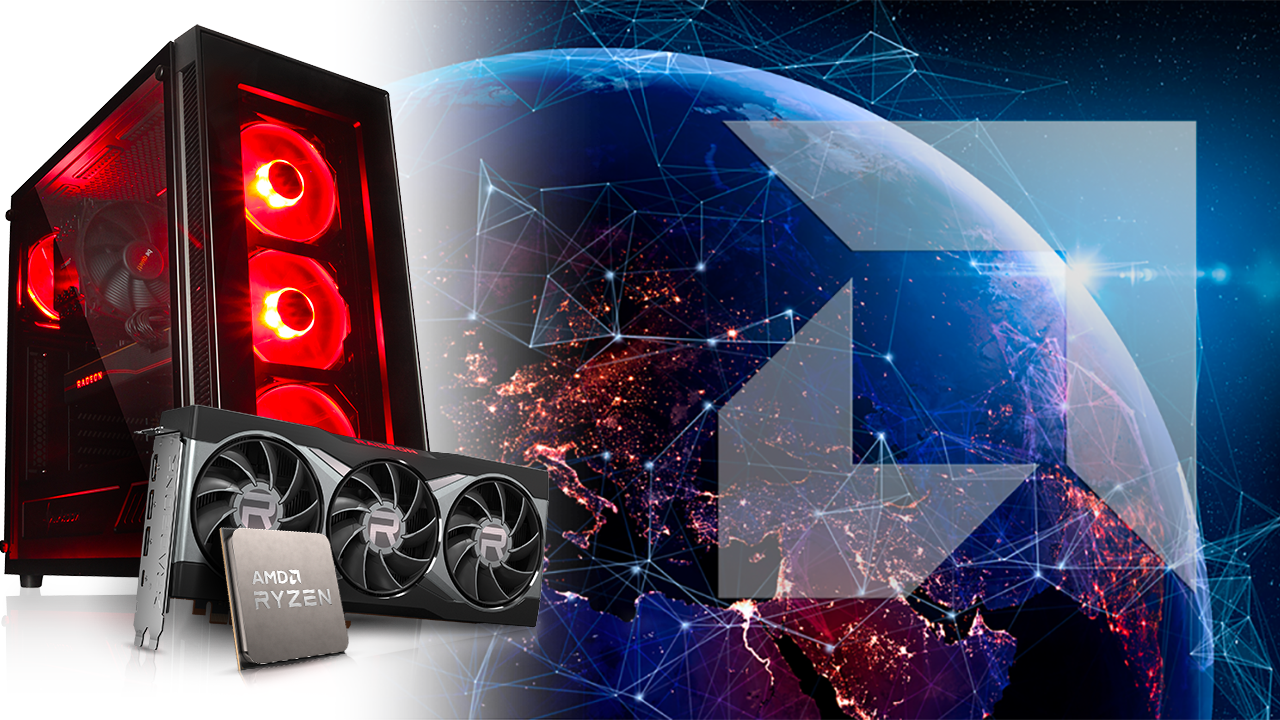Nvidia CEO Jensen Huang and the King of Denmark plug in the country's first AI supercomputer — Gefion leverages 1,528 Nvidia H100 AI GPUs
King Frederik X of Denmark practically called Huang a king with a leather jacket on.

Jensen Huang and King Frederik X of Denmark met on stage in Copenhagen to symbolically plug in the Gefion AI supercomputer. This supercomputer is the first one to be based in Denmark and is designed to drive research in quantum computing, medicine, green energy, and more. It’s built on the Nvidia DGX SuperPOD platform and uses 1,528 Nvidia H100 GPUs, allowing it to fuel the rapid growth of the Danish industry.
“Gefion is going to be a factory of intelligence. And this factory of intelligence is a new industry that never existed before; it sits on top of the IT industry — we’re inventing something fundamentally new.” Huang said during the launch. He added, “Denmark recognizes that to innovate in AI, the most impactful technology of our time, it must foster a domestic AI infrastructure and ecosystem. The Gefion supercomputer will supercharge the scientists of Denmark with local AI computing infrastructure to drive advancements in life sciences, climate research, and quantum computing.”
Gefion, Danmark’s new #AI supercomputer, was launched today. A state-of-the-art #NVIDIADGX SuperPOD with 1528 NVIDIA H100 Tensor Core GPUs, it is ready to accelerate research in #quantum, #healthcare and #greentech.The Novo Nordisk Foundation works with @Eifo_fond and @nvidia… pic.twitter.com/n16RAFhhIsOctober 23, 2024
Nvidia is at the forefront of developing AI hardware, and this rush by several companies and tech giants to gain the lead in this burgeoning industry has made the company the most valuable in the world, ahead of Apple, Microsoft, and Google (although it has since gone down to third place). This demand also made Jensen Huang, its CEO, among the world’s richest, with a net worth greater than Intel’s market cap. The King of Denmark even jokingly said, “I can feel that I am not the only king in this room — I think the other one has a leather jacket on. And I think it’s cool to have you here, Jensen.”
The Gefion AI supercomputer is owned and operated by the Danish Centre for AI Innovation A/S (DCAI), a partnership between the private Novo Nordisk Foundation and the government-owned Export and Investment Fund of Denmark (EIFO). The former committed DKK 600 million, around US$87 million, towards the supercomputer's initial cost, while the latter provided DKK 100 million, or about US$14.5 million. This investment gave the Danish government a 15% stake in DCAI through the EIFO.
Denmark has been investing heavily in technology, with a deep focus on AI and research, allowing it to become a technological leader. The launch of Gefion would help accelerate the Danish AI industry even further, helping the country cement its place in the future of high-performance computing.
Stay On the Cutting Edge: Get the Tom's Hardware Newsletter
Get Tom's Hardware's best news and in-depth reviews, straight to your inbox.

Jowi Morales is a tech enthusiast with years of experience working in the industry. He’s been writing with several tech publications since 2021, where he’s been interested in tech hardware and consumer electronics.
-
JRStern Is a 1528 GPU computer a "super-computer" by today's standards?Reply
They don't even mention AI as an application?
"quantum computing, medicine, green energy, and more."
Wait: "The Gefion AI supercomputer is owned and operated by the Danish Centre for AI Innovation A/S (DCAI)"
Looks like this has been getting a lot of hype in Denmark for the last year, or maybe that's from NVidia, LOL. -
TCA_ChinChin Reply
I'd say it definitely qualifies as "super-computer" especially since each of those 1528 GPUs is a compute monster. While they don't specifically mention AI, the application they do mention can certainly make sure of AI(or machine learning) in a non-clickbait way. Bio-med and protein related problems can be optimized with AI. Green energy and in general, smart electric grid management can also be improved. So it definitely makes sense that Denmark would launch this kind of supercomputer in a place named "Danish Centre for AI Innovation A/S". Of course both Denmark and Nvidia want to play this up for PR, but I think this is definitely a legitimately good and useful piece of compute.JRStern said:Is a 1528 GPU computer a "super-computer" by today's standards?
They don't even mention AI as an application?
"quantum computing, medicine, green energy, and more."
Wait: "The Gefion AI supercomputer is owned and operated by the Danish Centre for AI Innovation A/S (DCAI)"
Looks like this has been getting a lot of hype in Denmark for the last year, or maybe that's from NVidia, LOL. -
frame125 Think what he means is it's rather small to be exceptionally noteworthy. Elon Musks' supercomputer uses 100,000 of these same H100 Nvidia cards and is expanding to 200,000 in a couple years. That's 64 of these setups combined running today and 128 in a couple years from now. An accomplishment yes. Big ...no...Reply -
Dntknwitall Just one more puzzle piece to the demise of the human race. When our computers are offing us one by one, because the AI that man developed sees us as a destructive war torn inferior race that should be eradicated, only then will we see what a huge mistake it was. The reality is it only made a small few filthy rich before the end.Reply -
Zarathustra3612 Reply
The AI itself is not the threat. The problem are the handlers of these AI's.Dntknwitall said:Just one more puzzle piece to the demise of the human race. When our computers are offing us one by one, because the AI that man developed sees us as a destructive war torn inferior race that should be eradicated, only then will we see what a huge mistake it was. The reality is it only made a small few filthy rich before the end.
AI is advertised as a tool that will make life easier for the mass, but the purpose of AI is a tool to control the masses. It's already being used by government around the world to spy on you're bank accounts and many other aspects of you're life. -
bit_user Reply
I agree that the near-term threat comes from the users, but you can't possibly rule out the potential of rogue AI.Zarathustra3612 said:The AI itself is not the threat. The problem are the handlers of these AI's.
It's not that nefarious, in the sense that there's any grand plan. At its core, it's mostly a bunch of nerds and researchers just pushing the tech as far as they can. However, it's very expensive, which tends to limit its access to the rich and powerful. As with all technologies, humans naturally use it to further their aims. The end effect is that it is being used to spy on us, replace us with automation, and trick us with things like deep fakes and highly targeted & personalized advertising.Zarathustra3612 said:AI is advertised as a tool that will make life easier for the mass, but the purpose of AI is a tool to control the masses. -
sjkpublic I guess you have to start with the hardware. But at the end of the day its the people who do the code. And the company that manages it.Reply -
The Historical Fidelity Reply
Not for long though, AI has already proven itself to be better at coding than people, not to bring politics in, but we might see a reversal of telling miners “learn to code” where now we will be telling coders “learn to mine” to feed the AI monster with power and energy storage.sjkpublic said:I guess you have to start with the hardware. But at the end of the day its the people who do the code. And the company that manages it. -
bit_user Reply
Hmmm... I think this will happen, but do you really think it's there yet? Source?The Historical Fidelity said:AI has already proven itself to be better at coding than people
I haven't tried it, but people have told me that it's okay for doing a first cut at something that basically amounts to boilerplate code or test cases. That intel is probably 6-8 months old, though.
Or, maybe just "plug yourselves into The Matrix!"The Historical Fidelity said:now we will be telling coders “learn to mine” to feed the AI monster with power and energy storage.
: D -
The Historical Fidelity Replybit_user said:Hmmm... I think this will happen, but do you really think it's there yet? Source?
I haven't tried it, but people have told me that it's okay for doing a first cut at something that basically amounts to boilerplate code or test cases. That intel is probably 6-8 months old, though.
Or, maybe just "plug yourselves into The Matrix!"
: D
Okay so I found a few articles but (caveat time) I am not a programmer, after a year and a half into a computer science degree, I decided it was not for me after being tasked to make a program that called on other programs. To my brain it was program-ception lol.
https://www.independent.co.uk/tech/google-deepmind-artificial-intelligence-coding-b2006940.html#:~:text=Google%E2%80%99s%2520artificial%2520intelligence%2520division%2520DeepMind%2520has%2520developed%2520a,in%252010%2520recent%2520coding%2520contests%2520hosted%2520by%2520Codeforces.
https://www.itpro.com/technology/artificial-intelligence/can-ai-code-generation-really-replace-human-developers
